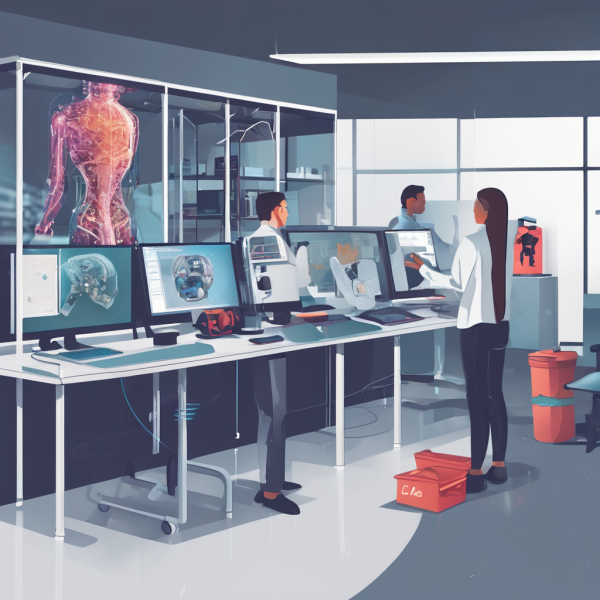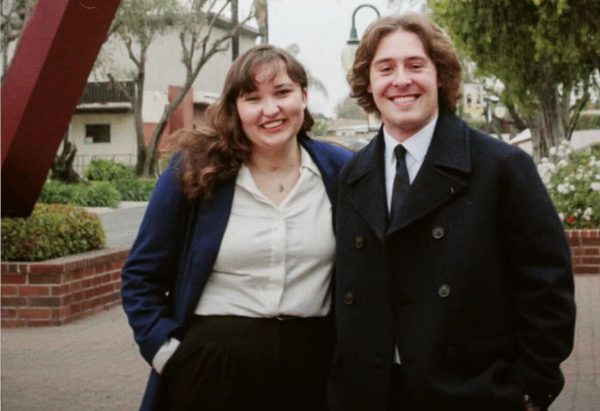Controversy ensues over new Oklahoma abortion law
Oklahoma courts block a law requiring that women seeking an abortion must first receive an ultrasound.
May 5, 2010
Oklahoma courts have blocked a law that would have made abortion laws stricter, less than two weeks after the legislation passed.
The new law mandated that a doctor or technician set up the monitor so the woman can see what is inside her and hear a description of the heart, limbs and organs of the fetus. Immediately after the law was passed, the Center for Reproductive Rights took action and went to state court to challenge the ultrasound law as unconstitutional. According to the New York Times, the center argued that the law violates the doctor’s freedom of speech, the woman’s right to equal protection and the woman’s right to privacy.
In the legislation, no exceptions were made for rape and incest victims. Other states have passed similar measures requiring women to have ultrasounds, but Oklahoma’s law would go further than any of them.
“Women deserve accurate information and compassionate care during their pregnancy — whether it is planned or unplanned,” said Serena Josel, associate director of public affairs for Planned Parenthood in Los Angeles. “These laws are cruel and do nothing to protect women’s health or prevent unintended pregnancy. We should all focus on working together to prevent unintended pregnancy and the spread of STDs — the kind of work that Planned Parenthood does every day at health centers across the country.”
Several states have passed laws in recent years requiring women to undergo an ultrasound before having an abortion, and at least three — Alabama, Louisiana and Mississippi — require doctors to offer the woman a chance to see the image. But the Oklahoma legislation says that the monitor must be placed where the woman can see it and that she must listen to a detailed description of the fetus.
Other anti-abortion bills are still working their way through the Legislature, including one making women fill out a lengthy questionnaire about their reasons for seeking an abortion.
Jeanette Kuiphof, president and CEO of the Whittier Pregnancy Care Clinic, perceived the legislation, if it passes through the courts, as a good thing.
“It’s important for the woman to actually see the ultrasound for two reasons,” she said. “First, many women deeply regret having an abortion, stating that they were never told it was a baby. Their early stage pregnancy was described to them as a ‘mass of tissue,’ a ‘tumor,’ etc. Later, often when they are married and expecting their first child, they view the ultra-sound of that child and realized that their prior abortion was of a living human being. This causes great mental and emotional anguish.”
“Second, it is possible (and we have seen such cases in the clinic), that a woman goes to an abortion clinic, an ultrasound is done but she is not allowed to view the screen,” she said. “She changes her mind and leaves the clinic, she comes to a life-affirming clinic like ours, and when we do the ultrasound we discover there is no baby in her womb. In other words, an unscrupulous abortion provided was going to charge this woman for an abortion where there was never a baby to abort.”
Staffers at Biola’s Health Center, which deals with girls seeking help at the university, had a slightly different perspective and approach to pregnancy care.
“This is a really exciting new law,” said Kristin Phelps, director of Biola’s Health Center, before the legislation was blocked. “In all the years I have been here, I’ve never had any girl come in and be considering an abortion or even ask us about that. There have been a few girls who have come in who are pregnant, but it’s not common. If they do come in, it’s confidential and non-judgmental.”
Phelps explained the process of pregnancy care.
“We would confirm that they are pregnant by a lab test and the physical exam would be done by a doctor and practitioner who sees them,” she said. “We would pray with them and counsel them and answer any questions or concerns they have. We would suggest that they would get pastoral counseling. We can’t force counseling but we would suggest it.”
Clark Campbell, dean of the Rosemead School of Psychology, addressed deeper issues behind abortion.
“I have worked with women who had abortions as girls and younger women,” Campbell said. “Most of them have experienced the pain of loss and sadness.”
Members of the pro-life movement, like Tony Lauinger, state chairman of Oklahomans for Life and vice president of the National Right to Life Committee, hope the block is just a minor delay in the legislation, according to the Associated Press.






